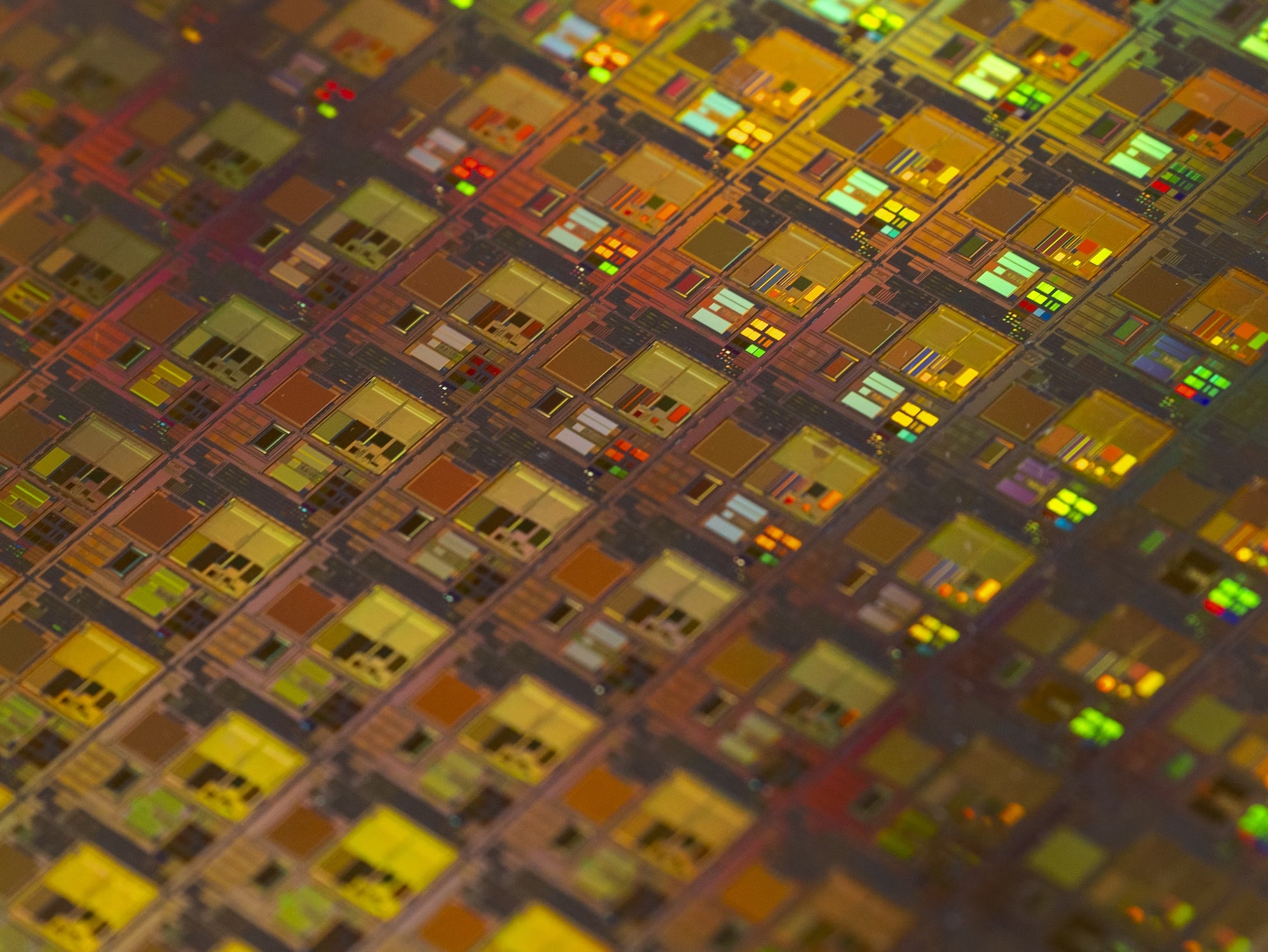In the age of digital transformation, semiconductor chips have emerged as the unsung heroes of modern technology. These tiny electronic components play a pivotal role in powering a wide range of devices, from smartphones and laptops to cars and industrial machinery. The demand for semiconductor chips has surged in recent years, driven by various factors, including the proliferation of smart devices and the rise of emerging technologies like artificial intelligence and 5G. In this article, we will delve into the reasons behind the soaring demand for semiconductor chips and explore their diverse applications across different sectors worldwide.
The Semiconductor Revolution
Semiconductor chips, often simply referred to as semiconductors or microchips, are the building blocks of modern electronics. They are composed of silicon wafers, which are etched with intricate patterns to create transistors, capacitors, and other electronic components. The unique property of semiconductors is their ability to conduct or insulate electrical current, making them ideal for controlling and amplifying electrical signals.
The demand for semiconductor chips can be traced back to the advent of the digital age. With the invention of the integrated circuit in the 1960s, the semiconductor industry underwent a revolution. This tiny piece of silicon allowed for the integration of thousands, and eventually billions, of transistors onto a single chip. As a result, electronic devices became smaller, faster, and more powerful.
Reasons Behind the Surge in Demand
1. Consumer Electronics: The primary driver of semiconductor chip demand is the consumer electronics market. The proliferation of smartphones, tablets, laptops, and smart appliances has fueled the need for high-performance chips. Consumers expect faster processing speeds, longer battery life, and advanced features, all of which rely on semiconductor technology.
2. Automotive Industry: The automotive sector has also become a significant consumer of semiconductor chips. Modern vehicles are equipped with numerous electronic systems, from infotainment and navigation to advanced driver-assistance systems (ADAS) and autonomous driving technology. These systems rely heavily on semiconductors for processing data and controlling various functions.
3. Industrial Applications: Industries ranging from manufacturing and logistics to healthcare and agriculture have embraced automation and robotics. Semiconductor chips are at the heart of these technologies, enabling precise control and monitoring of machinery and processes.
4. 5G and Connectivity: The rollout of 5G networks has spurred demand for semiconductors capable of handling higher data speeds and lower latency. Beyond smartphones, 5G technology is vital for the Internet of Things (IoT), enabling seamless communication between connected devices.
5. Artificial Intelligence (AI): AI has become an integral part of many applications, including voice assistants, autonomous vehicles, and data analytics. AI algorithms require powerful processors, which often incorporate specialized AI chips, such as graphics processing units (GPUs) and application-specific integrated circuits (ASICs).
6. Pandemic-induced Changes: The COVID-19 pandemic accelerated the digital transformation of businesses and education, leading to increased demand for devices like laptops and tablets for remote work and learning. This surge in demand further strained semiconductor supply chains.
7. Renewable Energy: The transition to renewable energy sources, such as solar and wind power, relies on semiconductor-based inverters and power management systems for efficient energy conversion and distribution.
Applications Across Sectors
1. Consumer Electronics: As mentioned earlier, semiconductor chips power an array of consumer devices, from smartphones to gaming consoles and smart TVs. These chips enable high-resolution displays, fast processors, and connectivity features.
2. Automotive Industry: In the automotive sector, semiconductors are crucial for engine control units (ECUs), infotainment systems, navigation, ADAS, and electric vehicle (EV) powertrains. They enhance safety, efficiency, and connectivity in modern cars.
3. Industrial Automation: Semiconductor chips enable the automation of manufacturing processes, enhancing precision and efficiency. Robots, CNC machines, and sensors rely on these chips for real-time control and data analysis.
4. Healthcare: In the healthcare sector, semiconductors play a vital role in medical devices, diagnostic equipment, and imaging systems. They enable faster and more accurate diagnoses and treatments.
5. Communications: Telecommunication infrastructure, including routers, switches, and base stations, relies on semiconductor chips to facilitate data transmission and reception.
6. Aerospace and Defense: The aerospace and defense industries use semiconductors in avionics, radar systems, guidance systems, and secure communication devices.
7. Energy Sector: Semiconductor chips are employed in energy management systems, smart grids, and renewable energy technologies, contributing to more efficient and sustainable energy production and distribution.
The demand for semiconductor chips has skyrocketed, driven by a convergence of factors, including consumer electronics, automotive innovations, industrial automation, 5G connectivity, artificial intelligence, and the impact of the COVID-19 pandemic. These tiny but powerful components have infiltrated nearly every facet of modern life, from the devices we use daily to the industries that drive global economies. As technology continues to advance, the semiconductor industry will remain at the forefront of innovation, shaping the future of our interconnected world.



